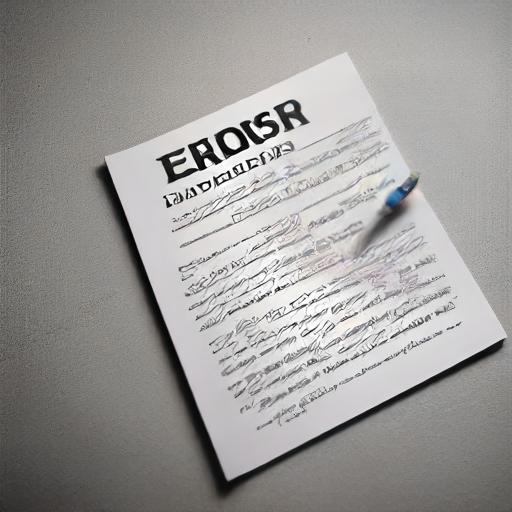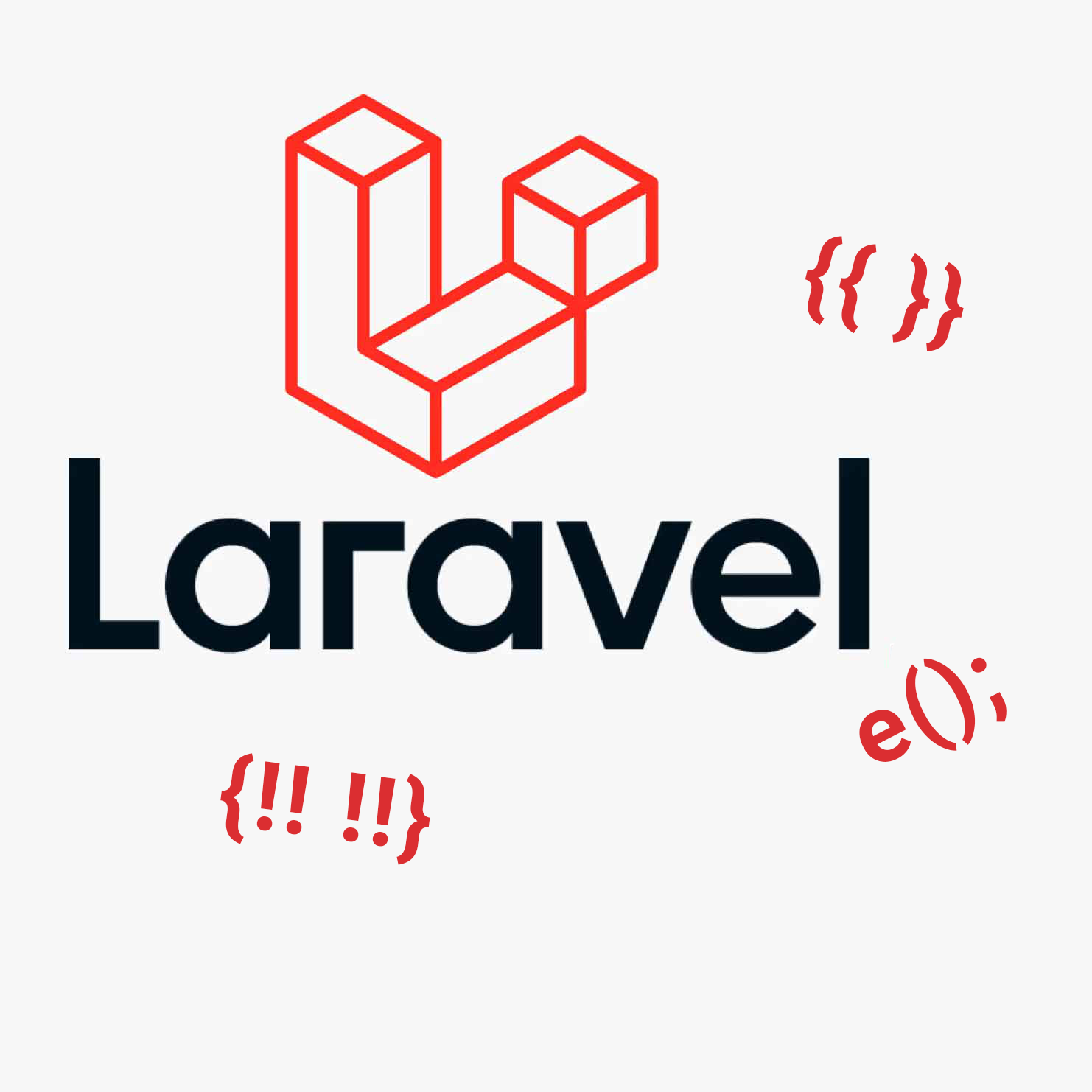In today's world, protecting sensitive data has become a crucial issue for both users and organisations. Sensitive data encompasses any information that can be used to identify an individual or could be exploited to breach the privacy or security of a person or organisation. In the context of web applications, sensitive data may include personal information, financial information, medical data, or login details.
-
Types of Sensitive Data:
Sensitive data can include:
- Personal Data: Such as names, email addresses, phone numbers, and residential addresses.
- Financial Data: Credit card numbers, bank details, and payment information.
- Health Data: Medical records, disease histories, and treatment data.
- Login Data: Passwords, authorisation tokens, and session keys.
-
Ways to Store Sensitive Data:
It is important to use appropriate methods for storing sensitive data, such as:
- Encryption: Data should be stored in an encrypted form to prevent unauthorised access. In Laravel, you can use the Laravel Encryption library to encrypt data in the database.
- Hashing: For storing passwords, it is best to use hashing functions with salt, which ensures security in the event of a database leak. Laravel automatically handles password hashing using bcrypt.
- Secure Storage: Ensuring that access to sensitive data is restricted to only necessary users and that it is stored in secure, certified environments.
-
Techniques for Protecting Sensitive Data in Laravel:
Laravel offers a range of built-in features and tools for protecting sensitive data:
- Using Eloquent ORM: Eloquent automatically provides protection against SQL Injection attacks through its built-in mechanisms.
- CSRF Tokens: Laravel automatically generates CSRF tokens for each form, which helps prevent CSRF attacks.
- Middleware: You can use middleware to authorise requests, controlling access to sensitive resources in the application.
- Data Encryption: Laravel provides an easy way to encrypt data using application keys, adding an extra layer of protection.
Summary
Securely storing and protecting sensitive data is crucial for any web application based on Laravel. Employing appropriate techniques, such as encryption, hashing, and access control, helps prevent data breaches and protects user privacy. When developing a Laravel-based project, it is beneficial to leverage the built-in mechanisms and libraries that facilitate data security at every stage of processing.
An example might include implementing a password encryption mechanism using bcrypt and storing authorisation tokens in a secure format within a Laravel application. This ensures that even in the event of a database leak, the data will be protected and difficult for unauthorised individuals to decipher.


